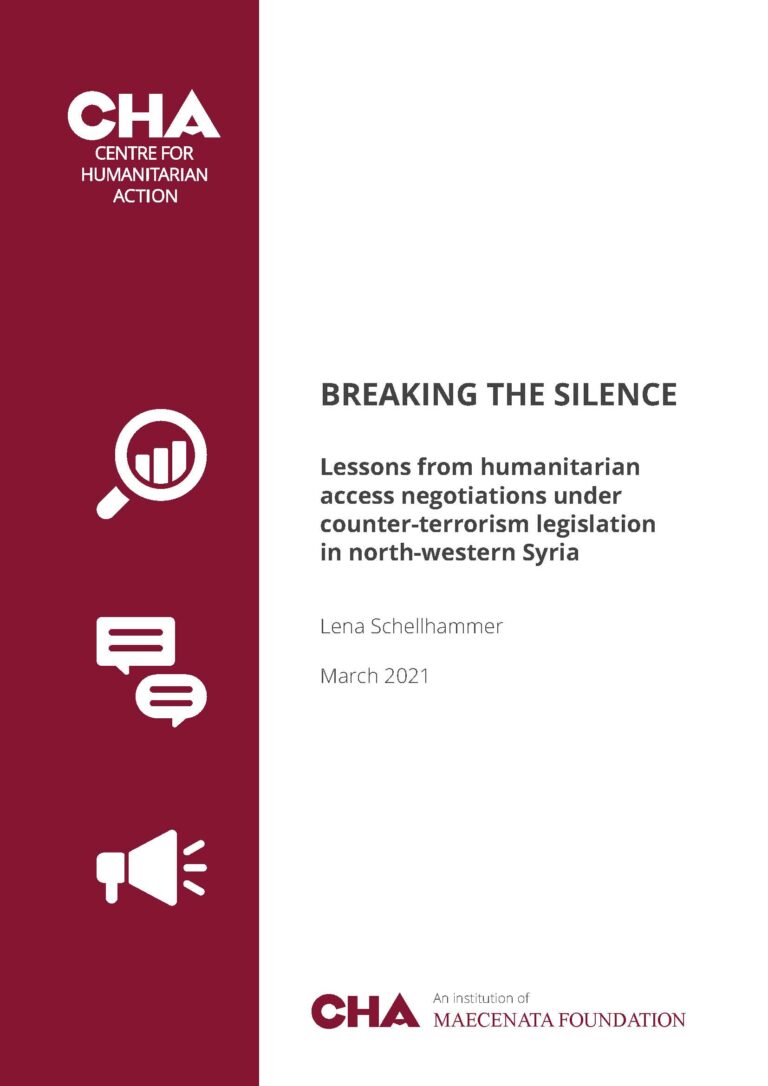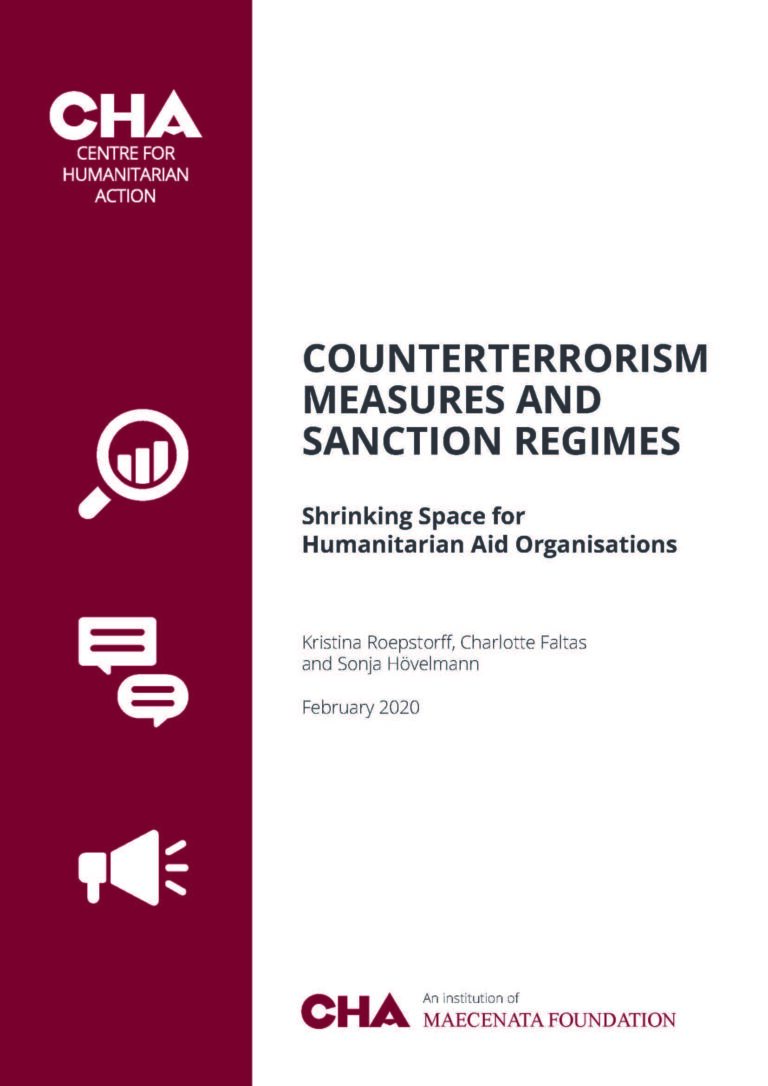| Author: | Lena Schellhammer |
| Date: | 04.03.2021 |
| Downloads: |
Paper (EN)
|
Abstract
Access negotiations between humanitarian actors and Non-State-Armed Groups (NSAG) controlling a certain area are a necessary precondition for pro-viding humanitarian assistance to affected populations in that area. However, in practice, there has only been minimal support for humanitarians doing so, and the topic is rarely openly discussed, especially when humanitarian access needs to be negotiated with designated “terrorist” groups that are sanctioned by coun-ter-terrorism legislation. This working paper fills this transparency gap by show-casing the humanitarian access negotiations with Hay’at Tahrīr al-Shām (HTS) and its local governance institution, the Syrian Salvation Government (SSG), in north-western Syria. Based on a general analysis with the help of the micro-pol-itics theory by Michel Crozier and Erhard Friedberg (1979) and the power-de-pendence theory by Richard M. Emerson (1962), this paper outlines the implica-tions of counter-terrorism measures on humanitarian actors’ ability to pursue these negotiations. First and foremost, they trigger a culture of silence that re-sults in a generally weakened humanitarian negotiation position. However, they also foster problematic humanitarian negotiation strategies like the involvement of intermediaries and the threat to suspend humanitarian assistance. The paper concludes that, besides the use of so-called power networks, especially an en-hancement of information exchange and an open culture of debate on individu-al strategies to humanitarian negotiations, are the most promising solutions to overcome the dilemmas posed by counter-terrorism measures to humanitarian access negotiations.





